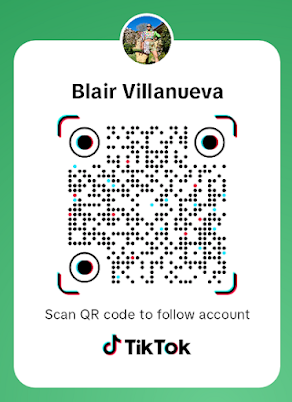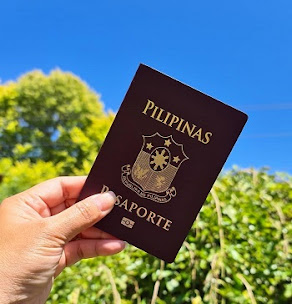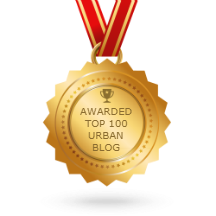 |
| Image: Andrea Piacquadio/pexels.com |
Got a headache? Not all headaches are the same. In fact, there are many different types of headaches - each with its own causes. It’s important to know when a headache is a minor pain or a health concern. This post outlines a few different types of headaches, how to spot them, their causes, and how to treat them.
Tension headache
Tension headaches are the most common type of headache. Many people describe the pain as feeling like a rubber band around your head with pain typically focused on the forehead and temples. Tension headaches are often caused by stress, but can also be caused by dehydration/a hangover. Staying hydrated and taking over-the-counter painkillers can usually help to ease the pain.
Migraine
Migraines are some of the most painful headaches. They are so painful that most people have to lie down and cannot carry out day-to-day tasks. Pain is usually on one side of the head but can affect the whole head, and can last hours. Some people also experience nausea. What causes migraines? Like allergic reactions, they are thought to be a bodily malfunction that is often brought on by specific triggers (such as certain foods, certain scents, changes in routine, or even changes in weather). You may be able to avoid triggers to prevent migraines.
Cluster headache
Cluster headaches are intense but short headaches that can strike multiple times per day for weeks at a time. They often occur on one side of the head in a specific location such as the temple or behind the eye. Like migraines, the exact cause is unknown, however, they can be linked to certain triggers such as scents or foods. Lifestyle changes may help to prevent cluster headaches.
Sinus headache
Sinus headaches are often caused by colds or sinus infections. You may get pain in the forehead, cheeks, and behind the eyes. Cold-like symptoms such as a blocked nose, sneezing, coughing, or sore throat are also likely to accompany it. A sinus headache may go away over time along with other symptoms, however, there are times when sinus infections require treatment such as antibiotics (if you’ve been experiencing symptoms for over two weeks). Nasal sprays and herbal teas that ease congestion may also help to ease this headache.
Thunderclap headache
Most headaches come on gradually. A thunderclap headache comes on suddenly and is extremely painful like being hit on the head. Thunderclap headaches are not the type of headaches you should ignore - they could be due to a serious underlying health problem. It’s worth scheduling an appointment at a medical centre and talking to a doctor if you have experienced such a headache.
Concussion
A concussion is a condition caused by a head injury. As well as a headache, you may experience confusion and dizziness. Some people experience memory loss, poor reflexes, or even speech issues. Any headache following a head injury is always worth seeing a doctor for - while most people recover from concussion without any further issues, some people can die from head injuries that have not been checked out. Scans will be able to reveal the extent of the damage and whether you need emergency treatment.
Rebound headache
If you take a lot of medication, you may experience a rebound headache. This is similar to a tension headache in that it’s felt largely in the forehead and comes on slowly. However, it is generally a bit more painful than a tension headache. Such headaches are caused by long-term use of medication, which can include painkillers. You may need to see a doctor if you are experiencing rebound headaches - any medication you are using may need to be reduced or switched.
Caffeine withdrawal headache
If you drink coffee or energy drinks daily (particularly multiple times per day), you may experience a caffeine withdrawal headache if you go a day without any caffeine. Such headaches can take the form of mild tension headaches or full-blown migraines. While consuming caffeine can sometimes treat these headaches, you may want to consider slowly reducing your caffeine intake to prevent a caffeine dependency and stop these headaches from occurring in the future.


























Post a Comment